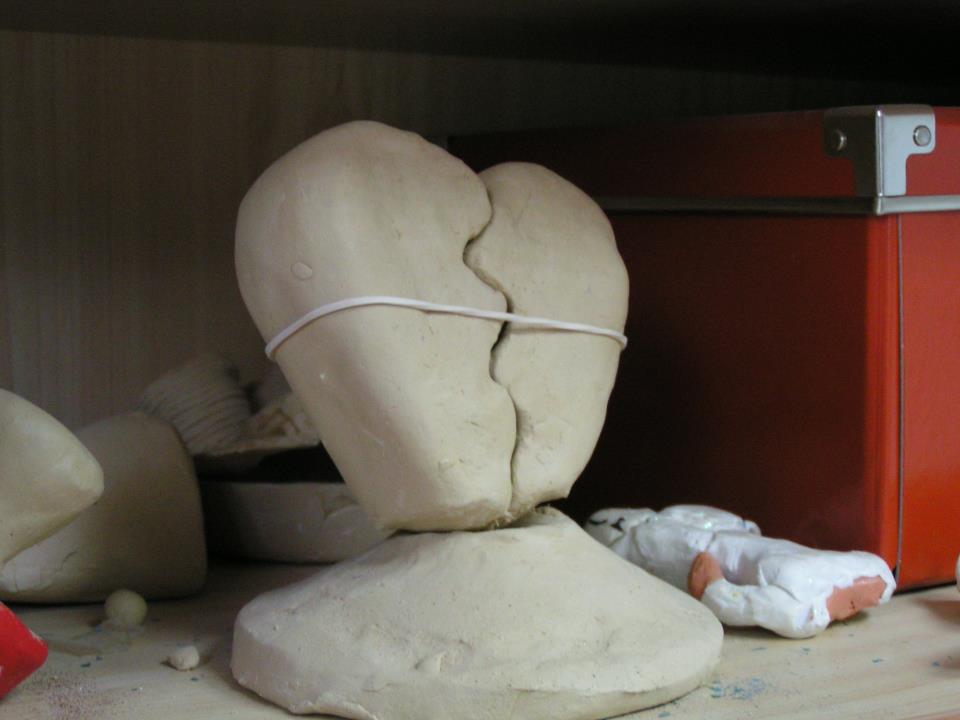In the heart of America’s mental health system, a troubling trend is emerging that threatens Jewish patients and echoes a dark chapter of history. Decolonizing Therapy, a framework claiming to address colonial trauma, is gaining traction among some therapists, particularly in left-leaning fields like social work and psychiatry. This approach, however, has been criticized for labeling Zionism, a core component of Jewish identity, as a mental illness. For Jewish Americans seeking mental health care, this trend risks stigmatization and traumatization, reviving 19th-century antisemitic tropes that pathologized Jews. American Christians, guided by biblical values of justice and compassion, must not stand idly by as their forebears did, but instead act decisively to ensure therapy remains a safe space for all.
Decolonizing Therapy, championed by figures like Dr. Jennifer Mullan, seeks to reframe mental health by addressing systemic oppression. While its intent to heal historical wounds is laudable, its application has raised alarms. A recent USA Today article notes that some practitioners, under this framework, identify Zionism as a root cause of psychological distress, despite no empirical basis in the Diagnostic and Statistical Manual of Mental Disorders. For Jewish patients, who may seek therapy for anxiety, depression, or trauma, this can translate into a devastating experience. Imagine entering a therapist’s office, vulnerable and seeking help, only to be told that your support for Israel, a fundamental aspect of your identity, is a pathology requiring correction. With 85% of Jewish Americans identifying as Zionists, as reported by JNS.org, this approach alienates a significant portion of the community, undermining the trust essential for effective therapy.
This trend is not merely a clinical misstep; it carries chilling historical echoes. In the 19th century, medical discourse often portrayed Jews as inherently prone to mental illness, a belief that fueled racial antisemitism and justified exclusion. A 1984 PubMed study highlights how such views, accepted even by some Jewish physicians, dehumanized Jews, paving the way for further discrimination. This culminated in the Nazi era, where pseudoscientific labels of Jews as diseased or mentally unfit justified unspeakable atrocities. The United States Holocaust Memorial Museum documents how such dehumanization, rooted in nationalist antisemitism, set the stage for the Holocaust. Today, labeling Zionism as a mental illness risks reviving these dangerous tropes, casting Jews as defective for their beliefs and threatening their dignity in therapeutic settings.
Jewish therapists, too, face challenges, with 75% reporting antisemitism at work since the Hamas attack on October 7, 2023, according to USA Today. Incidents like doxing and exclusion, as detailed in Jewish Insider, underscore a hostile environment. Yet, the primary victims are Jewish patients, who may encounter therapists trained to view their identity through an ideological lens. A JNS.org report describes how Decolonizing Therapy categorizes Jews as oppressors, urging patients to reject Zionism as part of their healing. This inversion of therapy’s purpose, where belief systems are targeted rather than emotional well-being, creates a profound betrayal of trust.
For American Christians, this should sound an alarm. The 19th century offers a sobering lesson: ordinary citizens, by standing silently as antisemitic narratives grew in their communities, enabled a trajectory toward catastrophe. In Europe, as Jews were labeled mentally unfit or socially undesirable, many bystanders did nothing, allowing prejudice to fester. America, with its biblical heritage of justice, as seen in Isaiah 1:17, cannot afford to repeat this inaction. Christians, who often support Israel based on shared values like Genesis 12:3, have a moral imperative to act. The silence of the past must not become the silence of the present.
Proactivity is key. Christians can advocate for “evidence-based” mental health practices, free from ideological bias, by supporting organizations that ensure therapy respects all identities. Engaging with Jewish community leaders, as encouraged by Psalm 133:1, fosters solidarity against antisemitism. Raising awareness about the dangers of pathologizing Zionism, perhaps through church discussions or community forums, can counter this trend before it escalates. Supporting policies that scrutinize public funding for frameworks like Decolonizing Therapy, as noted in USA Today, ensures taxpayer dollars do not fuel division.
The Torah teaches in Deuteronomy 16:20 to pursue justice, a call that resonates with both Jewish and Christian Americans. By standing against the labeling of Zionists as mentally ill, Christians can honour this principle, ensuring mental health care remains a sanctuary, not a battleground. The 19th-century failure to act allowed antisemitism to grow; today, we have the chance to stop history from repeating. Let us, as a united community, reject this modern echo of prejudice and build a future where all can seek healing without fear.





